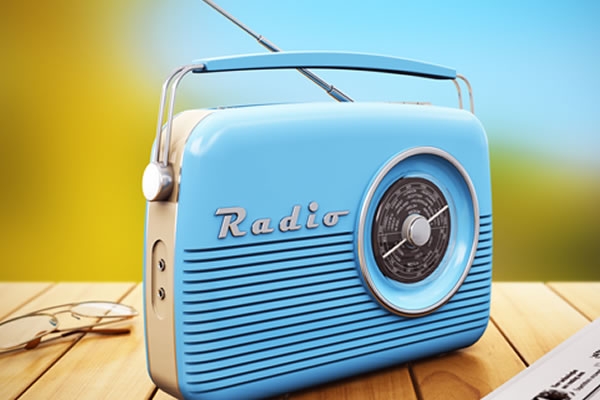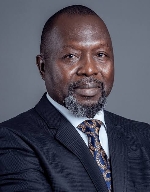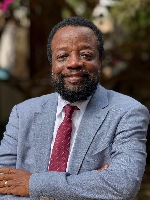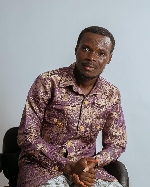Today is World Radio Day
 Radio
Radio
Ghana joins the rest of the world to mark World Radio Day today.
World Radio Day is a UNESCO International Day celebrated on 13 February every year since it was adopted in 2011.
World Radio Day is an opportunity to celebrate radio as a medium. It is a chance to promote international cooperation between radio broadcasters, to encourage major networks and local radio stations to foster access to information and freedom of expression.
The day is marked to raise awareness among the general public and the media about the value of public service audio; to encourage decision makers to promote free, independent, pluralistic radio and to strengthen networking and international cooperation between broadcasters.
The theme this year for World Radio Day is “Radio: A century informing, entertaining and educating.”
Below is a message from Ms Audrey Azoulay, Director-General of UNESCO, on the occasion of World Radio Day
13 February 2024
On this World Radio Day, we celebrate not only the history of radio, but also its central role in our societies, now and in the years to come.
The year 2024 marks a milestone in the history of this medium: it is the year we celebrate the centenary of the first live radio broadcast of the Olympic Games, on the eve of the next Games in Paris.
This milestone reminds us that, since its creation at the end of the nineteenth century, radio has always been with us, bringing us together around powerful moments and shared emotions. And so, for over a century, it has been informing us, entertaining us, and also educating us, as this year's theme underlines. It is all the truer today: despite the growing influence of the Internet and social networks, radio continues to be a prime source of information and entertainment – it is estimated that over 4 billion people listen to it.
Radio is also the medium that reaches places others do not: while almost a third of the population did not have a decent Internet connection in 2023, a proportion that rises to half of the population in rural areas, radio is more inclusive and accessible, particularly in crisis situations. For example, in Afghanistan, following the decision – which UNESCO immediately and firmly condemned - to deprive Afghan girls and women of their fundamental right to learn and teach, the Organization has put in place what is in effect education over the airwaves, supporting Radio Begum in particular.
This radio station, run by Afghan women for Afghan women, provides literacy courses and gives them a voice. Radio can also be the voice of the voiceless, enabling all individuals and communities to express themselves, and to bring the diversity of their cultures to life.
That is why UNESCO supports and encourages community radio all over the world. As we see it, radio is more than a technical means of broadcasting: it embodies a certain idea of information, cultural diversity and education for all; we could go so far as to say that radio can and must be a humanist medium.
Today, 13 February, may we once again acknowledge the road travelled by radio, and the power of its airwaves to build – to “broadcast” – the possibility of a better world.
Trending News

NACOC to step up surveillance at entertainment joints during festive season
05:28
Agona Swedru Fire Service takes fire safety education to the streets
06:09
Legal Education Reform Bill, 2025 details miscellaneous and transitional provisions
09:57
Asantehene's mediation efforts on Bawku conflict praised by Progressive Alliance of Ghana
09:40
Minister for Interior unveils new National Signals Bureau Regional Command in Sunyani
04:12
Supreme Court affirms Alpha Beta Education Centre’s title to Akokorfoto lands
05:59
Festive season fare hikes deepen commuter woes in Accra
09:46
Nationwide fire extinguisher verification for vehicles begins today — GNFS
09:31
Ghana National Fire Service responds to mass breathing difficulty incident at CMB
04:58
A time is coming, we will have a female IGP- Prophet Ask-Ackrong
21:18




